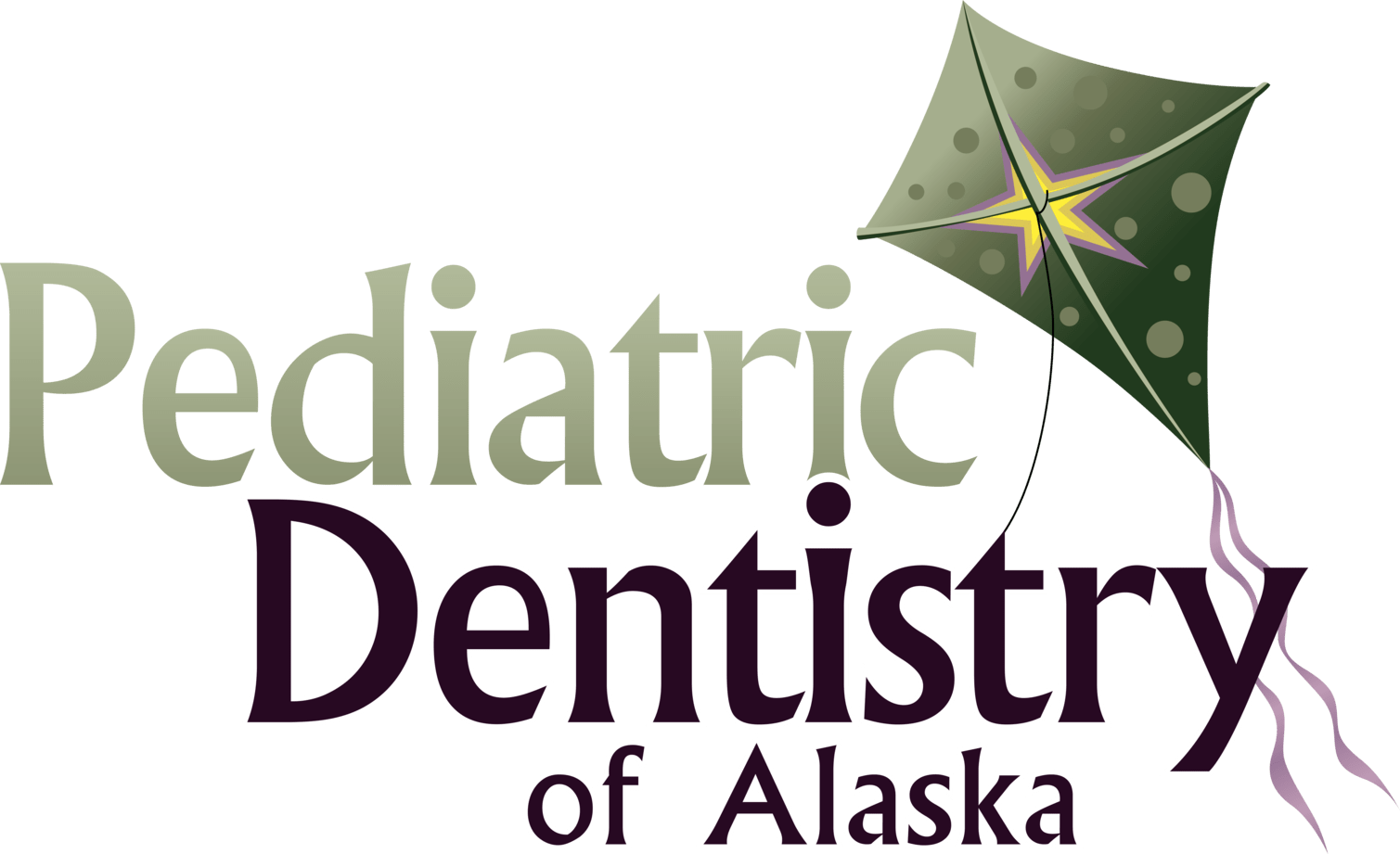Alaskan Pediatric Dentist
We understand that trying to find a nearby pediatric dentist you can trust is difficult, that is why we make it easy for you to work with us.
Wasilla
(907) 373-8684
3470 E Meridian Park Loop, Wasilla, Alaska, 99654
Palmer
(907) 745-8684
12039 E Maple Springs Way, Suite C, Palmer, Alaska, 99645
Clenching, Grinding, and Jaw Pain Help Near You
Temporomandibular Joint (TMJ) is the joint of the jaw. There are two TMJs, one on each side of the jaw, and they work in unison to open and close our mouths and allow us to chew and speak. A TMJ disorder (or TMD) is a chronic degenerative condition that can take years to develop and have serious consequences to our health and quality of life. When a jaw is misaligned, it can cause headaches, neck, and/or shoulder pain, clicking and/or popping sounds in the jaw, locked jaw, jaw pain, teeth grinding, and tinnitus (ringing in the ears).
Teeth Grinding
Many children grind or clench their teeth, a habit medically known as bruxism. While grinding from time to time might not cause harm, frequent grinding can create issues for their teeth and cause other oral health complications. Teeth grinding can stem from stress and anxiety, though it often develops during sleeping hours and is more likely to be the result of an abnormal bite, missing teeth, or crooked teeth. Sleep apnea, a sleeping disorder, can also be responsible for teeth grinding habits. As grinding typically occurs when asleep, it is unlikely you will be aware of your child's tendency unless a symptom of bruxism, such as a constant headache or sore jaw is encountered. Speak to our pediatric dentist at your child's next dental appointment if you believe your child may be grinding their teeth. Our dentist can examine their mouth and jaw for signs of bruxism, including jaw tenderness and excess wear on their teeth. Continual teeth grinding can produce fracturing, loosening, deterioration, or loss of teeth for some children. If left untreated, your child's grinding can cause issues later in life that could result in the need for a dental bridge, crown, root canal, implant, partial denture, or even complete dentures in certain instances. Luckily though, most children grow out of grinding between ages 6-9. A great way to help prevent further complications from occurring is to speak with our office, at your child's next dental appointment, for the best solution to stop teeth grinding for your child.
Clicking Or Locked Jaw
Your temporomandibular joint, located directly next to each of your ears is responsible for connecting our jaw to our skull and allowing our mouth to speak, chew, and yawn. When a jaw is clicking or locking, this might be a temporomandibular joint disorder (TMD). This occurs when the jaw joint is harmed or inflamed due to an injury, inflammatory disorder, or other issue. Ideally, the temporomandibular joint operates as a smooth hinge so the jaw can move in a natural, free motion. Inflammation or harm impairs the movement, forcing the jaw to click or lock, while also making it a challenge for the jaw to open. Some cases of TMD can be helped by lifestyle choices, for example, no longer chewing gum. To assist in the recovery, try reducing stress, utilizing a night guard that will treat teeth grinding, eating softer foods, and using non-steroidal anti-inflammatory medication. In more severe cases of TMD, your child might require treatment from a dental professional, especially if it was caused by an oral injury or inflammatory disease. Surgical treatments are rare and are only recommended if all other alternative treatments were ineffective.
Treatment
When you bring your child in for their appointment, we will assess their teeth and mouth for any visible signs of wear. If there is an issue, we will use a few different methods to understand why the issue is happening and develop a customized treatment plan for them. Some of the methods we use to determine if your child has a bite issue include a complete oral exam, panoramic x-rays, model of their mouth using our 3-D scanner, and high-definition photos.
Depending on your child's situation, there are generally 2 ways to correct a TMJ dysfunction. One solution is to use braces and possibly other orthodontic appliances to correct the position and development of their jaw. The 2nd option is to establish a physiologic bite position using an appliance for 2-3-weeks. Then using crowns to restore their teeth to their healthy position. It is always best to treat TMD as early as possible to prevent future oral health issues.
With two locations in the valley, we are your local pediatric dentist with an office near you!
Making kids smile, one tooth at a time
Request A Dental Appointment For Your Child
We look forward to seeing you and your child soon!
We will do our best to accommodate your schedule.
Regarding insurance, we accept most major dental insurance plans including Medicaid and Denali KidCare. We are also in-network with many insurance plans. As a courtesy to all of our patients, we take care of the claim filing and processing, and will do our best to help you understand your insurance benefits.
Wasilla
(907) 373-8684
3470 E Meridian Park Loop, Wasilla, Alaska, 99654
Palmer
(907) 745-8684
12039 E Maple Springs Way, Suite C, Palmer, Alaska, 99645
All Rights Reserved | Pediatric Dentistry of Alaska
All Rights Reserved | Pediatric Dentistry of Alaska
Pediatric Dentist Website Diagnosed, Treated, and Cured by Dr. Marketing Inc
